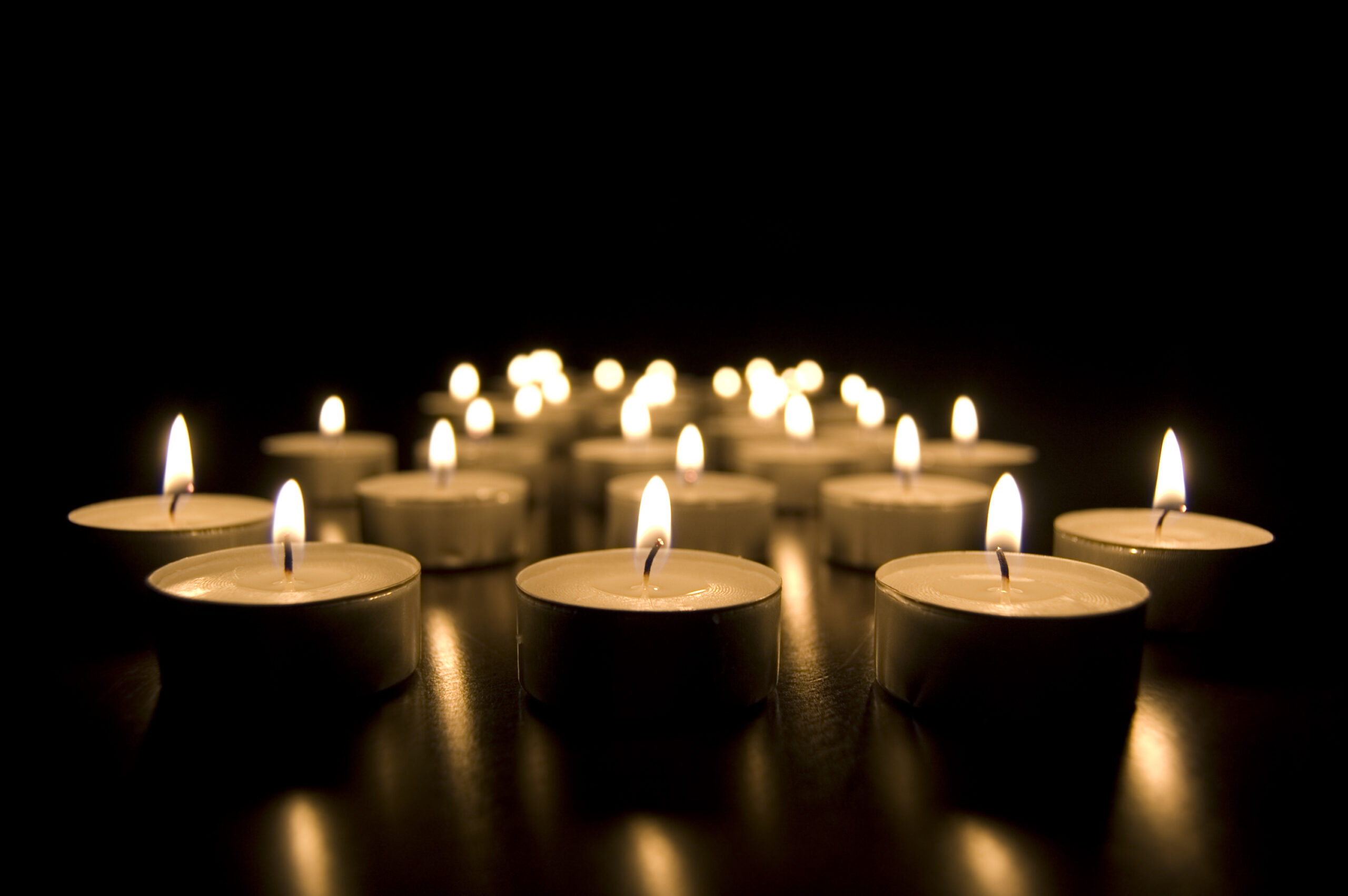It goes without saying that the past few years have been hard on us all. COVID-19 has had a huge impact on society, and a lot of things have changed. On top of the pandemic, we’re facing an epidemic with the opioid crisis. In Canada, there has been a significant increase in opioid-related deaths since 2016. The overdose crisis continues to affect people who use drugs, their friends and families, and communities across Canada. Between January 2016 and September 2022, there were more than 34,400 apparent opioid toxicity deaths, many of which also involved stimulants or other substances. The crisis is continuously growing, and is largely affecting the youth population with young Canadians aged 15 to 24 being the fastest-growing population requiring hospital care from opioid overdoses.

At the rate with which we are losing people to overdose, and stigma around drug use in society, deaths by overdose are often overlooked. The lives of the people who die from overdose are often cast aside, and sometimes judged. Having conversations about drug use, overdoses, and what may follow when someone overdoses helps us not only destigmatize these topics but also helps provide support. While we don’t want to normalize preventable deaths from overdose, until there is safe supply these deaths will continue and we need to be able to discuss it openly. Overdose and grief are topics that may be hard to talk about, but it’s important that we share our experiences and communicate these things to not feel alone and move through our grief in a healthy way.
When overdose results in death, many emotions may come up that don’t arise with deaths that occur naturally or in different ways. Because of the stigma around drug use, it may cause people close to the person who died to feel shame. This can impact the way someone might grieve. When grief enters our life, it is often sudden and not something we can prepare for. It can be hard to be mindful and listen to our bodies when experiencing grief. There is no shame in feeling that we may not be able to care for ourselves the way that we need to in the moment or even day to day. The important thing to consider and remember is that we’re allowed to feel our feelings, and it’s healthy for us to. Being gentle and kind with ourselves in these moments can help us navigate our feelings of grief.
How do we grieve all of the lives of those we’ve lost to overdose
surrounding the opioid crisis and outside of it?
Grief looks different to everybody, and it follows no timeline. It ebbs and flows. Some days are easier to get through than others. Sometimes, we’re left in a state of shock and our true feelings don’t hit us until a much later time. Regardless of how we feel or experience grief, our feelings revolving around it are fully valid. There is no right or wrong way to grieve. There are no emotions that one may experience that are wrong. The potential for us to feel emotions with negative connotations exists, but that never invalidates how we feel.
When it comes to emotions around an overdose that results in death, we may feel guilt and helplessness, feeling like there was more we could have done. That can lead to ruminating, going over scenarios in our heads regarding what could have been done differently to change the outcome of the situation. We may place blame on ourselves, and that can lead to feelings of inward anger. Or, we may place blame on the system that fails many who are marginalized and using drugs. We may feel afraid for our other friends/family or ourselves if there is substance use in other areas of our lives.

We may feel relief, no longer having to worry about the potential for bad news, or worry about how someone’s use or addiction affected or impacted our life or theirs. Again, shame can be present, due to stigma, and that can cause a fear of judgment which can cause someone to hide the truth and stuff true feelings down. That can lead to feelings of isolation and being alone, which can feel safer in some ways but may not necessarily be the most ideal, leading to cycles of loneliness.
A key thing to take away from these experiences is that so much is out of our control, and our emotions aren’t always facts. Although we may feel helpless, guilt, shame, relief, it doesn’t mean that we’ve done something to fail our lost loved one(s). Often, we’ve done all we can to support and accept them for who they are, and sometimes that really is the best we can give them. We may feel alone, but there exists a network of people out there to support us and care about what we’re experiencing.
In the same way our emotions differ when it comes to grieving, so does what helps us move through it. The help we may need to grieve a death through overdose can also be different than what others might need. An important thing to rememeber is that our loved one is not defined by their drug use. The circumstances of their death doesn’t take away from the fact that they are someone who is valued and loved, and they deserve to be remembered and grieved. Sometimes reading up on drug use or addiction can help with feelings of guilt and blame. It helps us see that we have no control in such a situation, and all the love we could possibly give someone couldn’t change their circumstances, decisions or lifestyle. Some other things that could help us move through grief are finding healthy ways to express feelings, such as writing, talking to someone you know and trust, making art, exercising, being in nature and breathing. Also, having a strong support system goes a long way. Considering seeing a grief counsellor might be right for some.
Being able to practice self care and having positive coping skills is also beneficial, but again, this may be hard to do while grieving. Self care is something to keep in mind for when we get to a place where we can care for ourselves in the right ways. Something like making a self soothe box can be a task to focus on when the time feels right, which could include things that feel good, smell good, and taste good like a favourite snack. Eventually being able to practice mindfulness could be helpful towards working through our emotions. Self care doesn’t need to be a bubble bath or a massage (though it can be), it can sometimes look like going to a day of action around overdose prevention, supporting your local harm reduction or safe supply programs, advocating for more mental health supports, mutual aid groups, affordable housing, accessible services or connecting with others who are grieving the loss of someone to an overdose. Again, it can take time to get to a place where we’re capable of doing any of the things listed above, including taking basic care of ourselves or asking for help, and there’s absolutely nothing wrong with the amount of time it takes.

At the end of the day, all we can do is our best. Death is an inevitable part of life but is still painful. Sometimes all we can do is take it day by day, hour by hour, and that is ok! Lean on others when you can’t manage on your own. Remember, there are resources out there for you. With time, things won’t be so intense. You too are loved.
Resources
https://www.ccsa.ca/opioids
https://www.canada.ca/en/health-canada/services/publications/healthy-living/canada-opioid-crisis-fact-sheet.html
https://health-infobase.canada.ca/substance-related-harms/opioids-stimulants/
https://www.cdc.gov/opioids/basics/epidemic.html#:~:text=The%20number%20of%20drug%20overdose,death%20rates%20increased%20by%2038%25.
https://mooddisorders.ca/guide/bereavementgrief-counselling-and-groups
https://www.healingheartscanada.org/find-a-group
http://grasphelp.org/
https://www.camh.ca/-/media/files/community-resource-sheets/grieving-resources-pdf.pdf
Written by Nat, a Trip! Peer <3